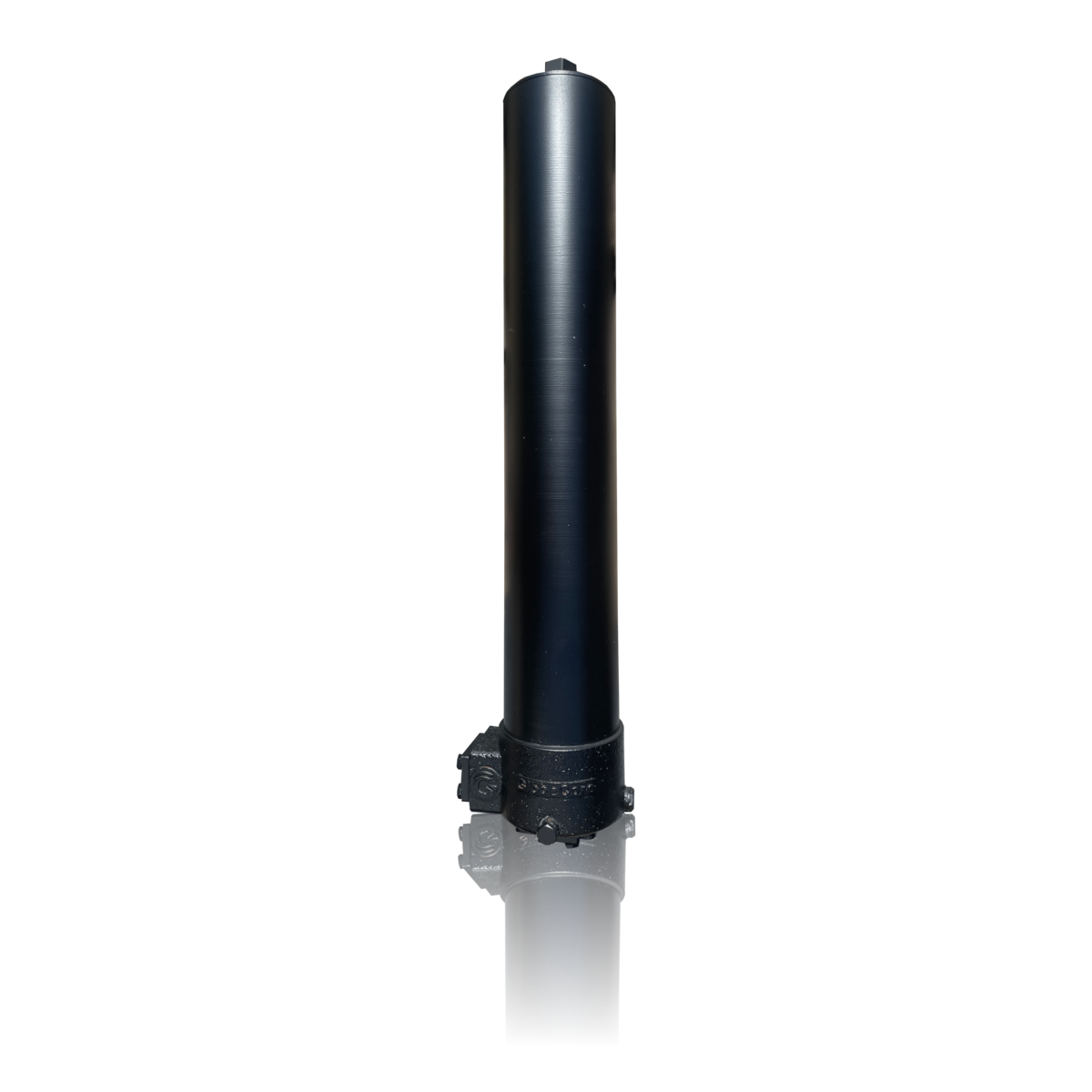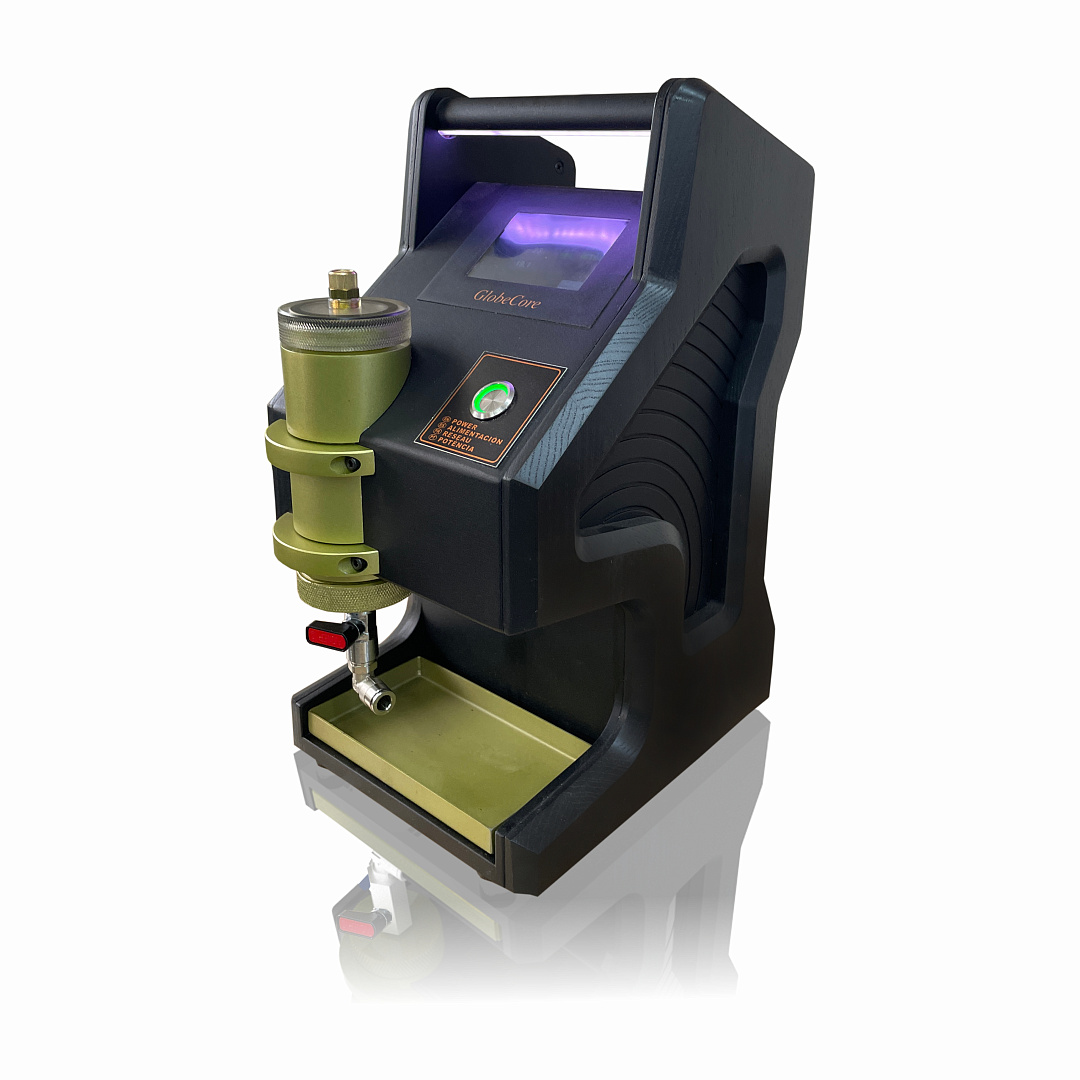Diesel purification
What factors contribute to the Efficiency of Diesel Fuel Purification Systems?
- This topic has 1 reply, 2 voices, and was last updated 1 year, 4 months ago by .
Answers
-
October 5, 2024 at 4:24 am by Richard Mcdaniel
Several factors contribute to the efficiency of Diesel Fuel Purification Systems, ensuring optimal removal of contaminants and maintaining fuel quality. Filter Quality and Type play a crucial role, as high-efficiency filters with fine micron ratings can capture smaller particulates and impurities more effectively. Flow Rate and Capacity determine how well the system handles fuel volume and contamination levels, with appropriate sizing preventing overloading and ensuring continuous purification. Separation Technologies such as centrifugal or vacuum separators enhance moisture and fine particulate removal, increasing overall purification effectiveness. Fuel Quality and Contaminant Load impact system efficiency; higher contamination levels require more robust purification processes. System Design and Layout, including the arrangement of components for optimal fuel flow and separation, enhance efficiency by minimizing turbulence and maximizing contact with filtration media. Automated Monitoring and Control systems adjust purification parameters in real-time based on fuel quality data, ensuring consistent performance. Regular Maintenance keeps filters clean and components functioning properly, preventing inefficiencies caused by wear or clogging. Energy Efficiency in system components, such as pumps and separators, reduces operational costs while maintaining high purification standards. Additionally, operator training and adherence to best practices ensure that the system is used effectively, further enhancing purification efficiency.



